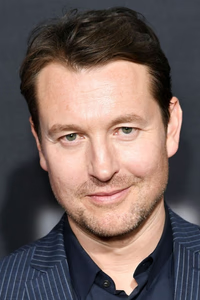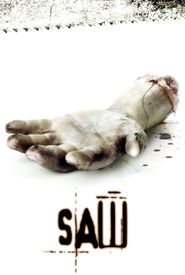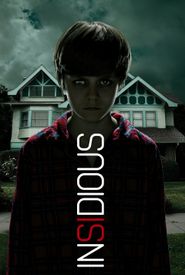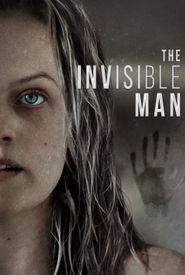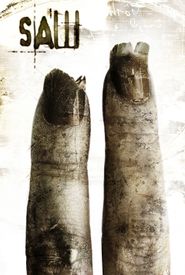Leigh Whannell grew up in Melbourne, Australia, where his fascination with storytelling began at the tender age of four. As a child, he was captivated by the art of spinning a yarn, whether through acting, writing, or filmmaking, with his ultimate goal being to elicit a reaction from his audience. This innate passion for storytelling continued to evolve as he entered his teenage years, eventually leading him to pursue a career in the creative arts.
In 1995, at the age of 18, Whannell was accepted into the prestigious Media Arts course at the Royal Melbourne Institute of Technology, where he would go on to meet fellow filmmaker James Wan. The two would form a lasting creative partnership, with Wan directing and Whannell starring in their self-financed feature film, Saw (2004).
During his time at college, Whannell landed a role as the "film guy" on a popular Saturday morning TV show aimed at teenagers called Recovery (1996). The show, which was filmed live in the studio and hosted by actual teenagers, was groundbreaking in its depiction of "alternative culture" on Australian television. Featuring live performances from renowned bands such as Sonic Youth, Weezer, Public Enemy, Ben Harper, Pulp, and many more, Recovery was a huge success and paved the way for future alternative music programs.
As a host and presenter on Australian television, Whannell continued to hone his skills, interviewing notable celebrities such as Tim Burton, Peter Jackson, Russell Crowe, and George Clooney. He eventually went on to host the show in 1999, solidifying his position as a respected figure in the Australian entertainment industry.
After graduating from college, Whannell's acting career continued to flourish, with roles in films such as The Matrix Reloaded (2003) and Garage Days (2002). However, his experience on the set of Garage Days, where he was ultimately overlooked for a role, served as a catalyst for his decision to take matters into his own hands and co-create a film with James Wan.
The result was Saw (2004),a self-financed, low-budget horror film that would go on to become a global phenomenon. Written by Whannell and directed by Wan, the film's success was a testament to the power of creative collaboration and the importance of perseverance in the face of adversity.
